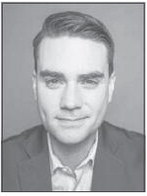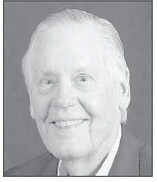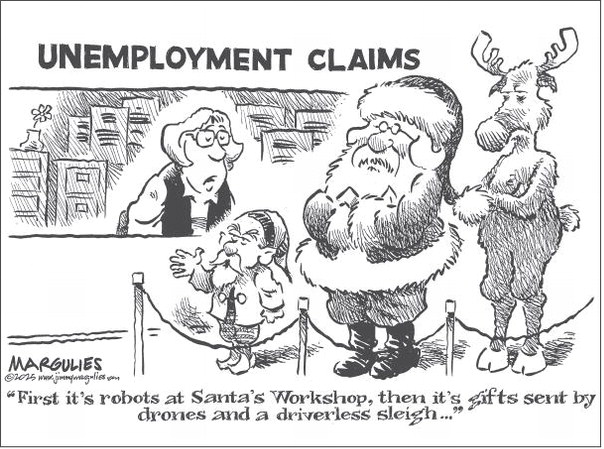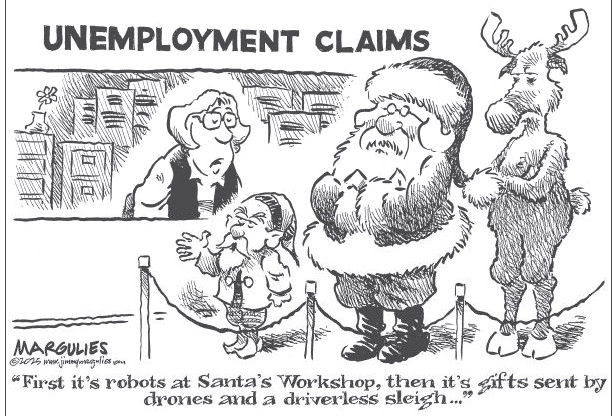Burt Rarely Went Out.
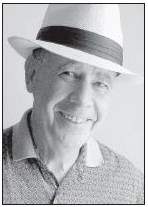

He and I worked opposite shifts at a radio station. He was the morning man, I worked nights. It was a busy place, but we managed a friendship. As years eased by, Burt slipped from my mind. He mailed a newspaper clipping that our old radio station was being torn down.
I scratched a ”thank you” e-mail and he replied with an invitation.
His cheerful voice was the same. Burt stayed inside, he rarely went out.
Things have been the same as they were when I wrote you about him sixteen years ago.
Staying at home is the new occupation of my contemporaries. Everybody is hinkey about getting the virus. Some shop for the necessities when they need to, others shop on-line, and have things delivered.
Burt’s first panic attack occurred while crossing the old Savannah River Bridge. He thought it was a heart attack. His heart pounded, he broke out in a sweat, he couldn’t breathe, was “light-headed,” he thought he was dying.
On the other side the symptoms abated, life was normal until the next time he saw that bridge in his windshield. Burt could not drive across that bridge.
Within days, he said, he was planning trips avoiding all bridges. That’s tricky when you live near Savannah.
The next attack occurred at the airport. Burt approached automatic doors and stopped at the pad that signals the door to open. He stood trembling.
Burt could no longer drive, nor could he enter any building with automatic doors.
Attacks occurred without a recognizable trigger. He thought he was crazy. He decided he would be safe at home, and stayed there.
His quick explanation was “agoraphobia,” the fear of open spaces, or of losing control. He probably knew as much about panic attacks as anyone, but knowing about it doesn’t cure it.
Burt needed to leave the house for therapy, and since he felt he couldn’t leave, a cure eluded him.
A survey (using a national sample of 1,003 adults 18 years old or older) found that one third of Americans either had experienced a panic attack, or knew someone who did. Women are twice as likely as men (42% vs. 22%) in saying they or someone they know has had a panic attack.
Of people who seek help for panic episodes 70-90% report that therapy helps significantly.
The old term for these people was “shutins,” people living shut-away lives because of illness or handicap. Friends stop inquiring and within a few years it becomes as if they don’t exist.
Neighbors must have thought him a curiosity, “The man who stays inside.” He touched the world through television, a mobile phone and the Internet.
When I drove away Burt waved to me through the window.
His brother called last week. Burt finally left the house.



